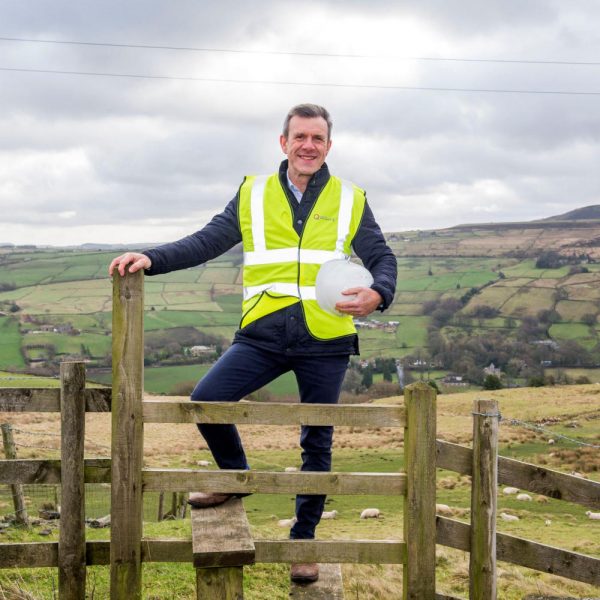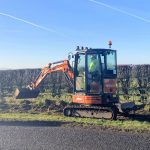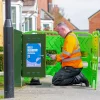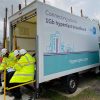CEO of ISP Quickline Warns Rural Areas to Wither and Die Without Fast Broadband

The boss of UK broadband ISP Quickline, which is building a gigabit speed full fibre (FTTP) network to 96 rural locations (55,000 premises) across Yorkshire and Lincolnshire in England (deployment plan), has warned that isolated communities could “wither and die” if they are not connected to “reliable, high-speed broadband“.
Quickline’s CEO, Sean Royce, was speaking at an event attended by businesses in North Lincolnshire, one of the areas where the operator is currently rolling out a hybrid network of full fibre and 5G style Fixed Wireless Broadband (FWA) technology. Suffice to say that they have a bit of an invested interest in encouraging adoption of their service, even if, in this case, it does mean using a bit of fear as a marketing tool.
Sean Royce said:
“We all know rural communities which have lost access to services such as their bank, Post Office, library, GP surgery or even their local shop, with people forced to drive miles to their nearest market town for services. Those people depend on having a fast, reliable broadband service to carry out their day-to-day tasks. But, for many living in rural areas, that service does not exist.
For rural businesses, it’s no different. Without access to high-speed broadband, businesses will move from rural areas to towns and cities and rural communities will wither and die.
Put simply, the better broadband a business has, the more services they can offer and the more markets it opens up for them. Digital connectivity drives economic growth and its importance cannot be overstated.”
Admittedly, the arguments here do somewhat depend upon the highly variable demands of the local users – both in domestic and business settings. Not to mention that there will be some rural areas that can still access half-decent broadband via a 4G or 5G mobile broadband connection, even if the local fixed lines are worse than useless, or vice versa.
Advertisement
However, high-speed broadband is now “critical to every aspect of life“, said Mr Royce, who added: “Those businesses that can’t access it or don’t embrace it, and the technologies it enables, will miss opportunities or, worse, go the same way as Blockbuster.” In fairness, and coming back to our point about understanding user demands above, not every business needs whatever “high-speed” is being defined as here – sometimes a basic connection will do just fine.
Overall, faster broadband – particularly gigabit-capable connections, are almost always a good thing in such areas and can help to reduce the damage being caused in other areas by the loss of key services. But at the same time, we should remember that most of the poorly served (digital infrastructure) rural communities that still exist today have often endured decades of poor services, thus they aren’t simply going to wither and die en masse. But the quicker we help improve the infrastructure, the better.
Meanwhile Quickline, fuelled by £500m from Northleaf Capital Partners (acquired Quickline in 2021), has previously stated that they hold an aspiration to cover 500,000 premises in UK rural and semi-rural areas with “ultrafast broadband” via both Fibre-to-the-Premises (FTTP) and 5G based fixed wireless infrastructure “by 2025” (here).
The operator already claims to have covered 300,000 premises via their wireless network, while their much more recent full fibre deployment has covered 10,000 premises across over 20 rural communities (Dec 2022).
Advertisement
Mark is a professional technology writer, IT consultant and computer engineer from Dorset (England), he also founded ISPreview in 1999 and enjoys analysing the latest telecoms and broadband developments. Find me on X (Twitter), Mastodon, Facebook, BlueSky, Threads.net and Linkedin.
« UK ISP Glide Reports Strong Increase in Data Consumption























































Still no sign of FTTP in Burgh le Marsh from Quickline or anyone else
just left Quickline again!!, the promised 5G wireless still not available in my area LN8 3PS i could only get 30mb down and 6mb up but the usual slow peek times etc, had to go onto Starlink, fantastic speeds but gripe at the £75 pm. so a question to Quickline and Northleaf Capital Partners, where has all the council and investment monies gone ?, and why does my area keep getting left out?